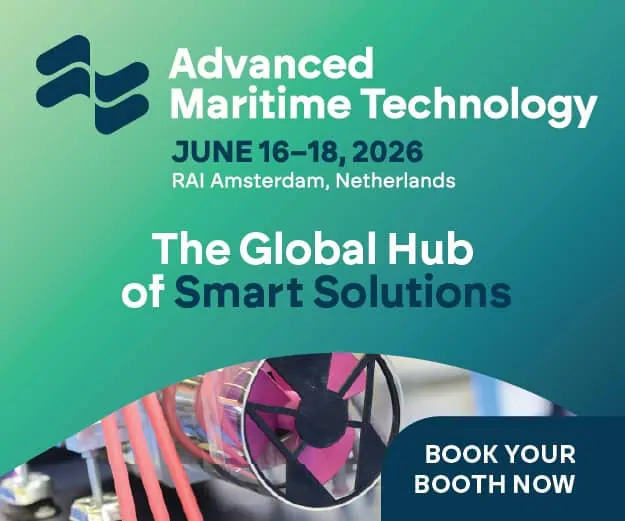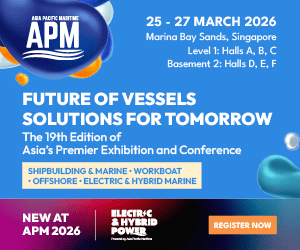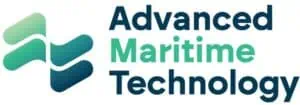An important milestone in autonomous vessel testing was reached at the Prinses Margriethaven on Maasvlakte 2 in Rotterdam, where an unmanned surface vessel was authorised to navigate in open Dutch waters beyond a closed trial area.
The Inland Navigation Police Regulations (Binnenvaartpolitiereglement, BPR) normally require vessels to be crewed at all times. Since a change in the law in April 2025, it has become possible to obtain an exemption under certain conditions. Harbour Master René de Vries granted the exemption for this trial.
Such a BPR exemption has never before been granted in the Netherlands. This allowed the V3000 surface vessel from Demcon Unmanned Systems, to sail autonomously in the Prinses Margriethaven under the supervision of a traditional crewed surface vessel from the Port of Rotterdam Authority.
A surface vessel measures the depth of harbours, rivers, canals, and locks. The use of an unmanned surface vessel offers the Port of Rotterdam Authority opportunities for even more efficient surveying in the future, for example, for depth measurements in larger areas such as Maasvlakte 2.
The trial took place as part of the Port of Rotterdam Authority’s fleet renewal. Over the next 12 years, the Port of Rotterdam Authority’s vessels will reach the end of their technical service life. It is therefore seizing this opportunity to renew its entire fleet, enhance sustainability and standardise and simplify maintenance processes.
Harbour Master René de Vries explains: ‘During the fleet renewal process, we are exploring various options that will help us even better fulfil our tasks in the port of Rotterdam. Unmanned vessels could complement our current surface vessels. Autonomous sailing has not yet been implemented on Dutch waterways. It is encouraging that we can now accommodate such initiatives with an exemption from the BPR.’
Willem Snoek, Asset Manager at the Port of Rotterdam Authority, adds: ‘Integrating unmanned surface vessels into our hydrographic process can offer advantages in large port areas – which take a lot of time to measure due to their size. We explored this during the trial. In addition, we looked at the potential impact on the crew of conventional surface vessels and how we might deploy unmanned surface vessels in the future.’
In the coming period, the Port of Rotterdam Authority and Demcon Unmanned Systems will analyse the knowledge gained during the trial using the V3000, a three-metre surface vessel. Vessel automation and advanced safety systems ensure that the vessel can operate independently and safely.
Its compact size and manoeuvrability allow it to perform depth measurements and inspections in places where traditional, crewed surface vessels cannot easily access. Equipped with advanced sensors, it enables accurate depth measurements while minimising acoustic and vibration disturbances — a particular advantage for sensitive measurement systems.
Fedor Ester, managing director of Demcon Unmanned Systems, explains: ‘This test marks an important milestone in the further deployment of unmanned maritime operations. We are proud that our V3000 surface vessel was the first unmanned vessel to operate in a conventional way in this challenging port environment. This underlines the sector’s confidence in safe, efficient and sustainable solutions for future-oriented port management.’
Demcon Unmanned Systems is a Dutch maritime technology company specialising in the design, development and construction of autonomous, unmanned vessels. The company develops all key hardware and software in-house. Demcon oversees the entire process: from concept, production, and delivery to long-term support, including maintenance and technological upgrades.












